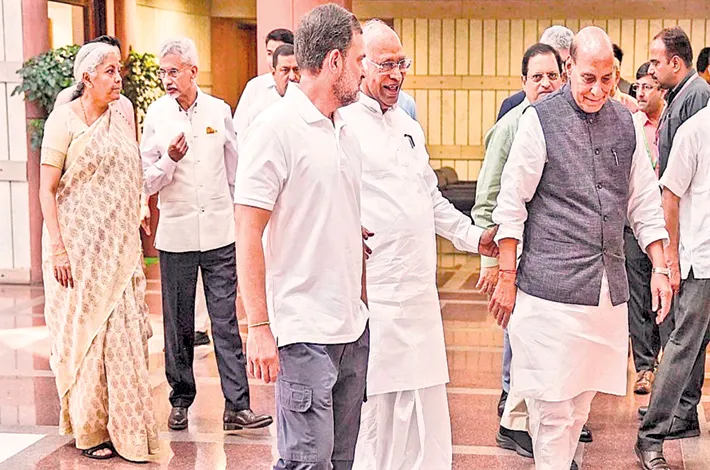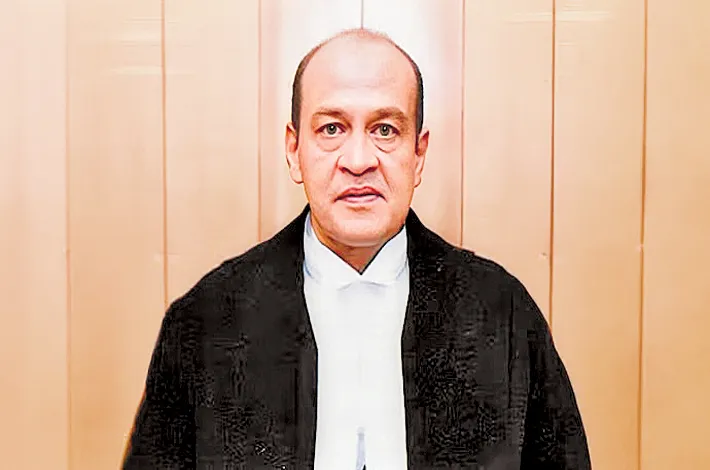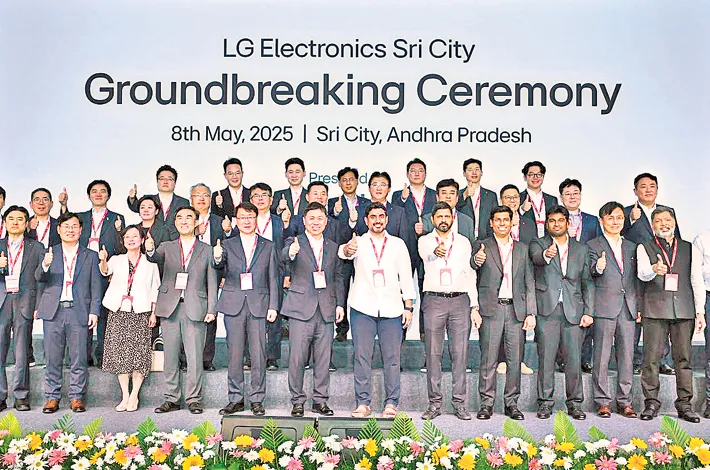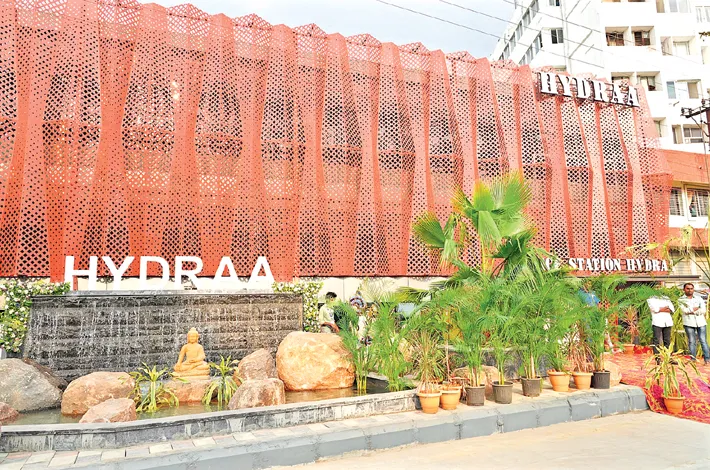Remembering the man who reinvented India
24-12-2024 01:22:08 AM
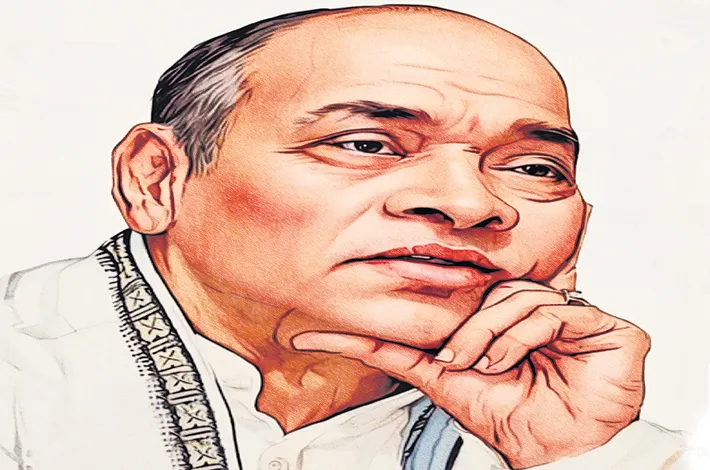
t p venu I hyderabad
The year was 1991. A group of young post graduate students were listening to the former Deputy Chairman of the then Planning Commission Montek Singh Ahluwalia on the New Economic Policy. During the speech Mr Montek said, ‘India will open its windows to the world’ a record 46 times. He was referring to opening the economy to investments. One of the students stood up and said, “Sir, Please ensure that while opening the windows, the roof does not blow off.” The mood of the nation in a way was represented by the student’s apprehension. The Indian economy was in a bad shape and the country had just enough foreign exchange to pay for two weeks of imports.
It was a tumultuous year. The Gulf war was raging and crippled the economy largely dependent on imported oil. India sent 21 tonnes of gold to the bank of England so that India could get dollars to delay defaulting on outstanding loans. Added to this, separatist violence was brewing in Punjab, Kashmir and Assam. It was against such a background that P V Narsimha Rao, became the 9th Prime Minister of India.
It was an era of coalitions with short tenures but P V Narsimha Rao demonstrated political skills to manoeuvre the toughest period after Indian independence and took the country out of an economic collapse. His most significant contribution is the 1991 economic reforms which dismantled India’s Licence Raj and paved the way for a market-oriented economy.
His tenure was marked with corruption scandals and has been accused of inaction during the Ayodhya episode. P V Narsimha Rao’s contribution to India with bold policies laid the foundation for economic recovery and growth in the subsequent decades.
Scholar Prime Minister
When media baron Rupert Murdoch met Rao, he gifted world cinema films, including Spanish classics of Carlos Saura.
P V Narsimha Rao was often referred as ‘Scholar Prime Minister’ who at every given chance preferred to spend time reading books. He could speak in more than half-a-dozen languages and in his 60s learnt to write code in programming languages Basic, COBOL and UNIX. P V Narsimha Rao was fluent in nine Indian languages, including Telugu, Kannada, Tamil, Sanskrit, Hindi, Oriya, Bengali, Gujarati and Urdu. He could also speak eight foreign languages, including English, French, Spanish, German, Latin, Persian, Arabic and Greek. Rao was proficient in Marathi.
He has translated Hari Narayan Apte’s famous Marathi novel Pan Lakshat Kon Gheto into Telugu. He translated many other famous works from Marathi to Telugu and from Telugu to Hindi. Though proficient in several languages, the former Prime Minister had an uncanny knack of remaining silent and converted his silence into an art form. Even in his twilight years, he immersed himself in books and writing. He was deeply interested in Indian philosophy and culture, and wrote poetry, fiction and political commentary. He has also published Sahasra Phan, a Hindi translation of Viswanatha Satyanarayana’s famous Telugu novel Veyi Padagalu and published many articles in different magazines.
Scholar, polyglot and political genius
- Pamulaparti Venkata Narasimha Rao, born on June 28, 1921 in Vangara, Karimnagar, Telangana
- He was the first Prime Minister from non-Hindi-speaking South India serving as the 9th Prime Minister of India
- He was the first Prime Minister outside the Nehru-Gandhi family to complete a full five-year term in office
- The economic reforms initiated by him with former Prime Minister Dr Manmohan Singh earned him the title ‘Father of Indian Economic Reforms’
- Prime Minister Narasimha Rao’s New Year card for 1992 read: ‘Change is the only constant.’ The card depicted the sketch of a spinning wheel gradually transforming into a mechanical gear—symbolic of the evolution of tradition, and not its abandonment
- A lengthy career included a tenure as the Chief Minister of Andhra Pradesh, seven terms as a Member of Parliament and extensive experience in the Union Cabinet that included stints in the crucial portfolios of External Affairs, Home and Defence
- Look East Policy’ is P V Narsimha Rao’s brainchild. To have closer ties between India and countries of Southeast and East Asia.
- P V Narsimha Rao was conferred Bharat Ratna in 2024.





